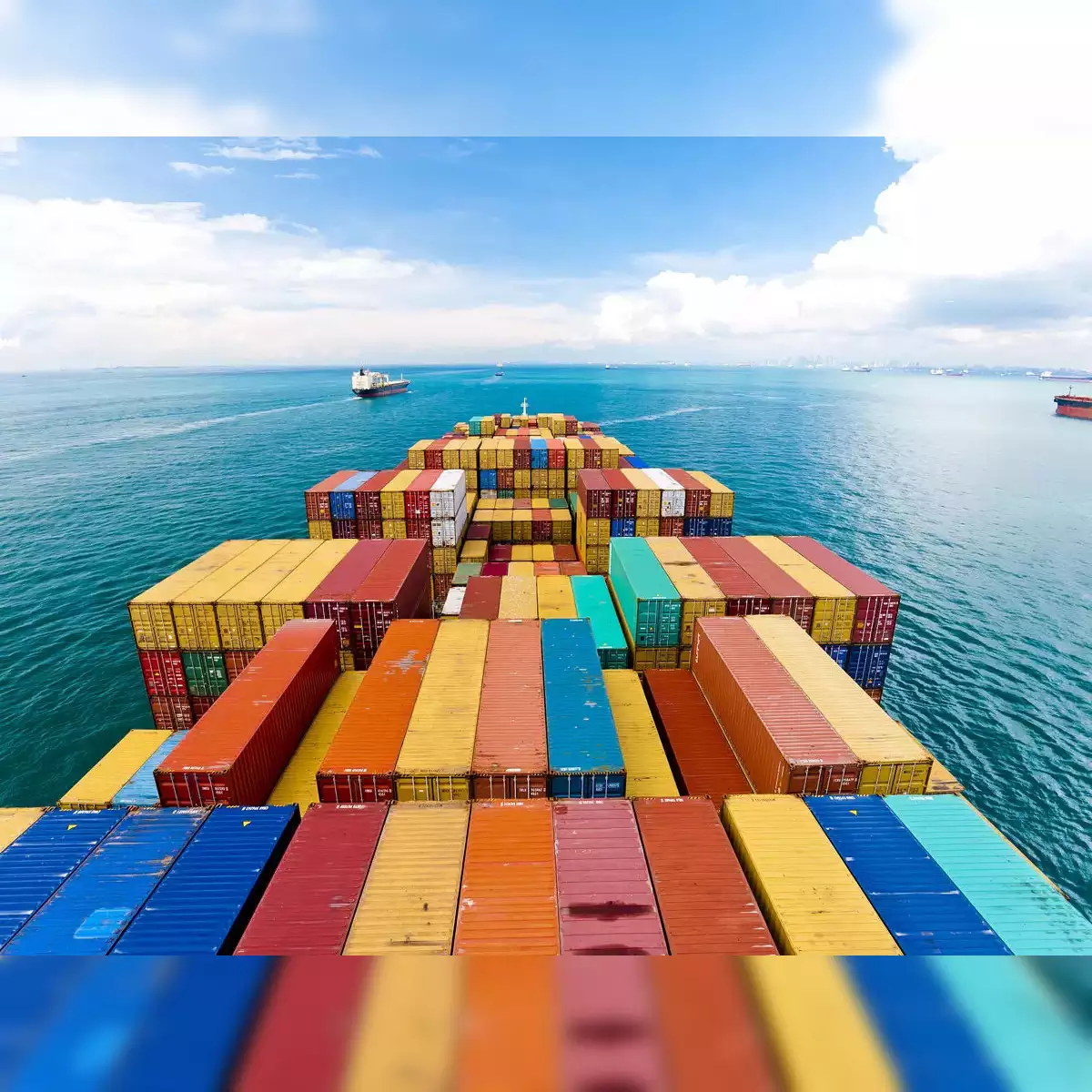East African central banks are being forced to hike interest rates to contain renewed inflationary pressures emanating from surging shipping and insurance costs due to the disrupted crucial trade routes between Europe, the Middle East, and Asia in the Red Sea.
The ongoing Red Sea crisis, involving attacks by the Iran-supported Houthi group based in Yemen, has disrupted the maritime navigation sector, raising concerns about the resurgence of inflationary pressures. Experts say that the impact of the Red Sea crisis on African countries is likely to be an incredibly mixed bag given the diversity of the countries on the continent. The decision of many shipping companies to reroute their routes around Africa to avoid the Red Sea and the Suez Canal has had significant repercussions, notably a drastic increase in shipping costs and time.
The rising surging shipping and insurance costs and ensuing inflation threats have recently prompted the Bank of Uganda (BoU) to increase its policy rate by 50 basis points to 10%. They will likely pave the way also for rates hikes in Kenya and Tanzania, whose 15% and 10%, respectively, of foreign trade goes through the Red Sea, according to data by the United Nations Conference on Trade and Development (UNCTAD).
The inflationary pressures are most visible in the East Africa region that relies on trade through the Red Sea, while other African countries with coasts may benefit from higher revenues as shipping vessels reroute through their waters and ports. Experts say that of all African countries, Egypt — that faces a sharp reduction in transit fees it collects from vessels passing through the Suez Canal — will be among the hardest hit by the crisis.



